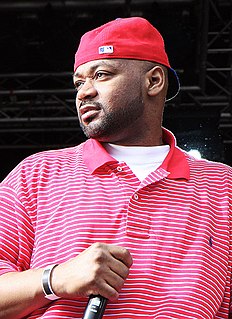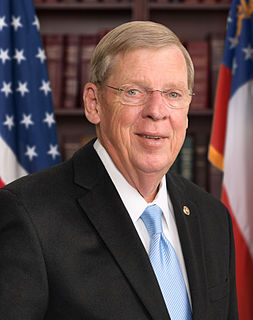A Quote by Neil deGrasse Tyson
There's a lot to do in space. I want to learn more about the greenhouse effect on Venus, about whether there was life on Mars, about the environment in which Earth and the Sun is immersed, the behavior of the Sun.
Related Quotes
If you accept learning as a dominant determination of your behavior, then all of a sudden you're open to the idea that, for instance, there are other people who are more educated than you about the environment, who you will learn from. It's kind of like you don't even have to believe that you know anything about the environment, but you do have to understand that your behavior has been determined by learning in the past.
The frontier in space, embodied in the space colony, is one in which the interactions between humans and their environment is so much more sensitive and interactive and less tolerant of irresponsibility than it is on the whole surface of the Earth. We are going to learn how to relate to the Earth and our own natural environment here by looking seriously at space colony ecologies.
I am troubled by the lack of common sense regarding carbon dioxide emissions. Our greatest greenhouse gas is water. Atmospheric spectroscopy reveals why water has a 95 percent and CO2 a 3.6 percent contribution to the 'greenhouse effect.' Carbon dioxide emissions worldwide each year total 3.2 billion tons. That equals about 0.0168 percent of the atmosphere's CO2 concentration of about 19 trillion tons. This results in a 0.00064 percent increase in the absorption of the sun's radiation. This is an insignificantly small number.

































